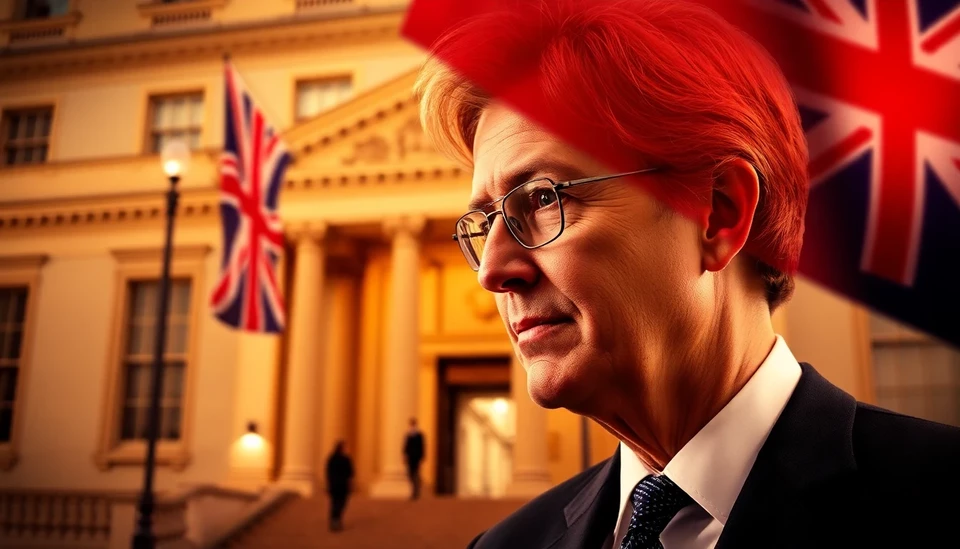
The ongoing trade war has led to an increased likelihood that the Bank of England (BOE) will proceed with an interest rate cut in May 2025. As global economic uncertainties continue to mount, analysts suggest that a reduction in rates may be a necessary step to stimulate growth and mitigate the adverse effects of escalating trade conflicts.
Recent developments in international relations, particularly between major economies, have put pressure on the UK economy, prompting discussions among BOE officials about potential rate adjustments. The central bank has been closely monitoring trade dynamics that could impact inflation and growth forecasts. As the trade war rages on, the implications for domestic consumption and investment have become increasingly concerning.
Economists are now debating the ramifications of a possible rate cut. Some argue that lower interest rates would provide much-needed relief to businesses facing dwindling consumer demand. It would also reduce borrowing costs for households, potentially stimulating spending amidst an uncertain economic climate.
However, there are voices of caution within the financial community. Critics warn that a rate cut may not be a silver bullet for the broader economic malaise brought on by ongoing trade disputes. They argue that such measures could lead to overheating in certain sectors or exacerbate inflation if not managed carefully. This has led to a split within the BOE, with some members advocating for immediate action while others urge restraint.
In the wake of the trade war, the UK has seen a reduction in export demands, particularly in industries reliant on international markets. The fallout from tariffs and retaliatory measures has stirred fears of a slowdown that could resonate through the rest of the economy. Consequently, market analysts predict that the BOE may face increasing pressure to respond to these challenges with a proactive stance on interest rates.
The upcoming BOE meeting in May is set to be pivotal. Investors and economists alike will be watching closely to see how policymakers balance the need for stimulus against the potential risks of accelerating inflation and financial market instability. The outcome of this meeting could significantly influence the trajectory of the UK economy in the months and years to come.
As uncertainty looms over international trade, the prospects for the UK's economic health hang in the balance. The BOE's decision will be a crucial determinant in navigating through these tumultuous times.
In conclusion, as the trade war continues to unfold, the chances for a BOE rate cut in May appear to be solidifying. Stakeholders will need to prepare for a range of potential outcomes as economic indicators evolve and the global landscape shifts.
#tradewar #BOE #ratecut #economicindicators #UKeconomy #interest #rates #finance
Author: Laura Mitchell




